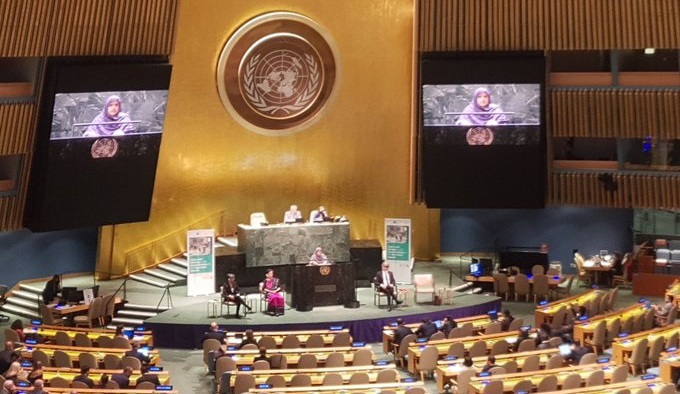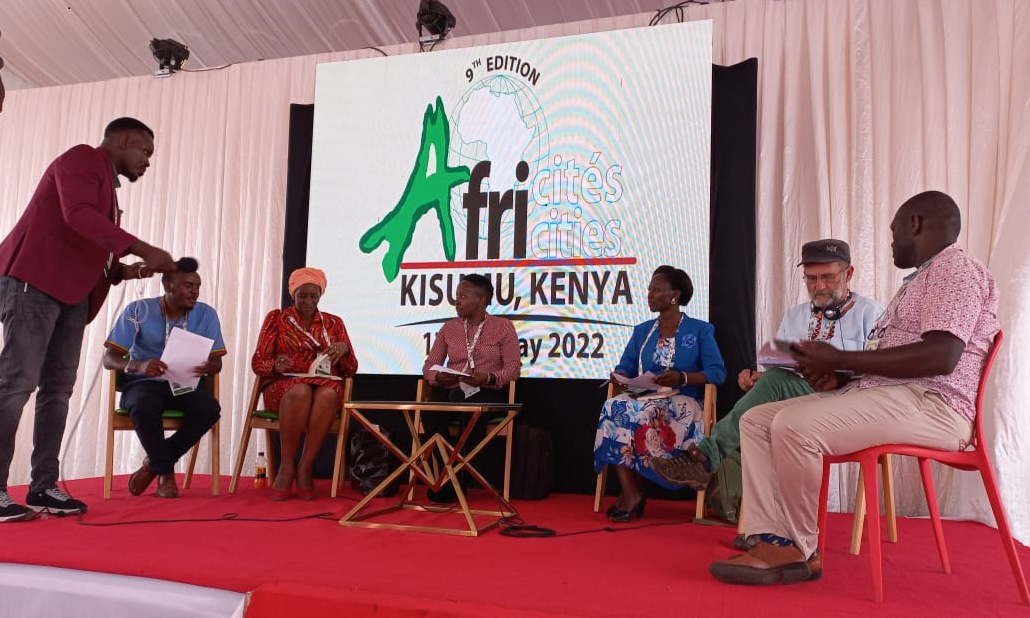
Interview conducted as part of IUFN’s Special Issue Newsletter
March 2015 – International Experts on the Future of City Region Food Systems
IUFN // From your perspective,
what were some of the 2014 milestones that were achieved related to city region
food systems?
2014 was an active and challenging year, but an important
milestone was that city region food systems appeared on the “agenda”; the link
between rural and urban areas has been missing in international policy
discussions in the past, and the city region food system framework challenges
stakeholders to have a more holistic, systemic perspective to many issues
including natural resource use and management, human rights and livelihoods.
The inception of the Milan Food Policy Council
in the context of the Milan Expo has also brought attention to the
importance of meaningful multi-stakeholder participation and
the role that civil society must play in creating real policy change. In Milan,
as in other cities, the pressure and model for participatory governance through
food policy councils was pushed from the ground-up through the efforts of
social movements and provides and answer tohowan inclusive, local governance model
can and should work.
IUFN // What person or
organisation (locally or in another part of the world) would you consider to be
a 2014 food systems change-maker? (in terms of innovation, boldness, etc.)
There were many people and organizations working to
implement change over 2014, but we need to further encourage those that match
policy and technical work with tangible improvements of the lives of vulnerable
populations. The Nairobi-based Mazingira Institute has been a long-standing and powerful
force for food systems advocacy and action on a local and global level in the
(connected) areas of urban poverty and urban/peri-urban agriculture. In particular,
their NEFSALF initiative
focuses on the city-region of Nairobi and has worked to provided integrated
training in urban agriculture and livestock keeping, reinforcing short and
sustainable urban food systems. These activities target women and at-risk
youth, in response to the social realities and livelihood constraints of these
populations, as well as creating community-based trainers and leaders.
Mazingira’s actions on the ground extend to policy making. Throughout 2014 they
were active in pushing for policy reforms at the city-region level which will
provide greater protections for urban and peri-urban farmers, as well as
fostering relationships between cities including Dar es Salaam, Cape Town and
Toronto.
IUFN //What are some of the hot topics
and/or challenging issues relating to city region food systems that should be
put on the table in 2015?
The issue itself needs to be reinforced in global policy
processes, as there is still a silos approach to things that are “urban” and
those that are “rural.” We also need to have stronger criticism of the policies
that impede local food systems and local economic growth – focus on “value
chain” solutions rather than systemic policy changes. When we discuss a city
region food system, we should better understand how changes and implementation
on a local level can provide support for small-scale, local producers and
better access to food and improved livelihoods for vulnerable populations
across the urban-rural continuum.
IUFN //What upcoming 2015 sustainable
food events should be put on everyone’s agenda?
The annual Committee on World Food
Security (CFS) is the
space for coherent and inclusive policy on food and nutrition issues, and has a
strong presence of civil society via the coordination of the Civil Society
Mechanism. Integrating urban and city region issues, and local authorities into
these processes have been challenging, but slowly we are making progress. It is
critical that we continue to interact and engage with this forum and the
outcomes of the decisions made. In particular, this year will hold discussions
on Connecting Smallholders to Markets as well as the issue of water as it
relates to food security; both of these are issues require better understanding
of the role of local governments and authorities, and create openings to better
highlight the benefits of participatory governance.


